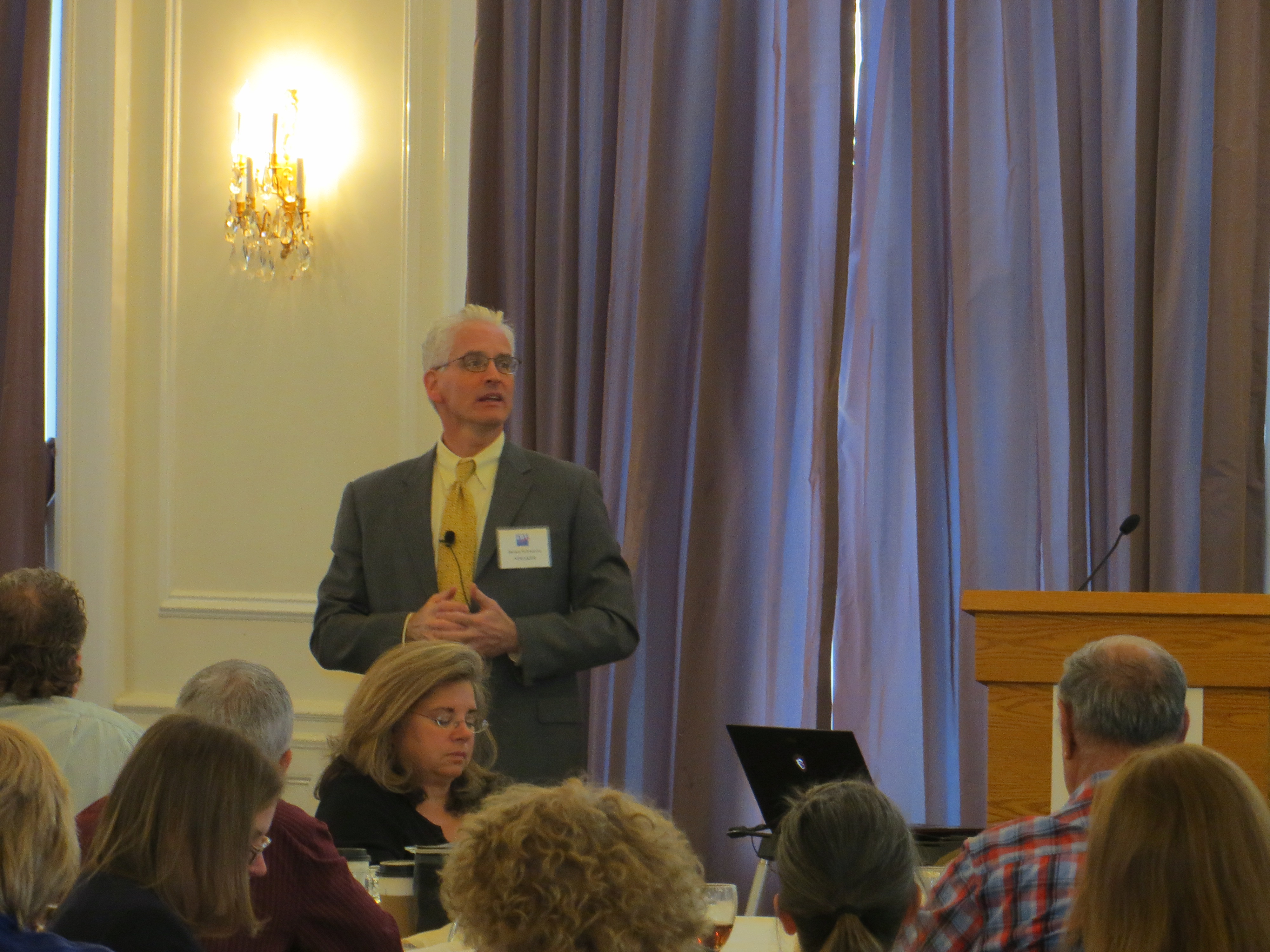
When it comes to transparency, playing by the same rules will benefit everyone.
Members of the public are hungry for answers on whether unconventional natural gas development (UNGD) is affecting their health. This was clear at a well-attended conference in November on shale and public health, which was hosted by the University Of Pittsburgh Graduate School Of Health and presented by the League of Women Voters of Pennsylvania (LWVPA).
Also clear at the conference was that early public health research on potential impacts from UNGD has relied largely on anecdotal evidence, survey information and associations between epidemiological data and proximity to UNGD activities. Two things can be fairly said about this research: 1) a number of studies have inferred health impacts without rigorous evidence to support these conclusions and 2) there is no evidence to firmly rule out these impacts. And so stakeholders from all perspectives continue to work on closing the gap in scientific knowledge.
In the meantime, some universities and public health advocacy groups that have published studies with inferred health impacts have declined requests to publicly disclose the actual data used to draw their conclusions, even under conditions where personal information is redacted.
Researchers have noted a variety of reasons for not publicly releasing raw data, including concerns about complex information being used out of context, exaggerated scrutiny from opposition, and the fact that the research was not used in development of public policy. (The federal Office of Management and Budget “Shelby Amendment” of 1999 requires data produced under federally funded policy research to be made available to the public through the Freedom of Information Act.)
These are valid concerns and, indeed they have been borne out when the proverbial shoe has been on the other foot. Think about how Toxic Release Inventory and emission data are sometimes used out of context by industry opposition and environmental advocacy groups. But if not for the release of this data, industry would not be as challenged to reduce emissions, put environmental data into context, address inherent uncertainties, and explain what is being done to reduce risks to the environment and public health.
We all benefit when challenged by rigorous scientific review and public debate, regardless of where we stand.